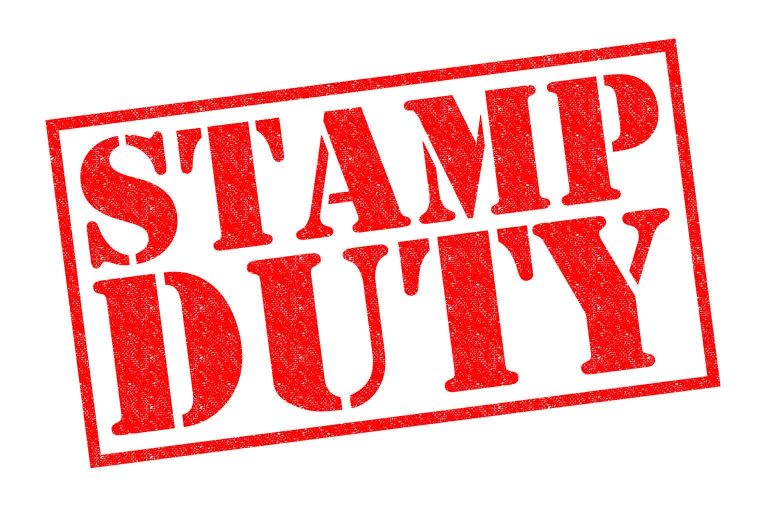It will perhaps surprise no-one working in our industry to learn that the tax take from stamp duty has dropped fairly dramatically between 2018 and 2019.
The latest figures from HMRC will perhaps make worrying reading for those within the Treasury, and go some way towards explaining why there was a lot of talk about changes to stamp duty during the summer, by members of Boris Johnson’s Cabinet.
First up, let’s look at those figures. Overall, the number of property transactions has fallen by 70k, to 1.03 billion, from 2018 to 2019, which means that stamp duty take has fallen by 10% over the same period.
Therefore, residential stamp duty take decreased to £8.37bn and we do not need to be a genius to show that this can be attributable to a number of factors – namely, that drop in transactions but also the relief now provided to first-time buyers (purchasing properties valued up to £300k), and a significant fall in property transactions for those homes valued at over £1m, which of course come with extra, considerable stamp duty costs.
Even with that drop in the number of £1m+ homes being sold however, London as a region still generated the most SDLT revenue, making up £4.46bn of all stamp duty receipts (38%).
Given those figures, and the impact stamp duty appears to be having on purchase transactions, not just in the residential space but also in the private rental sector, all industry stakeholders might understand why this Government was talking up stamp duty changes a few months ago.
Unfortunately, from that perspective, all political discourse – and many potential policy announcements – have been subsumed by the far bigger Brexit debates. Indeed, back in July – when stamp duty was mentioned frequently – there was some anticipation that we might have a very early Budget announcement from Johnson’s administration but again appears to have been overtaken by events.
The likelihood now being of course that a Budget will not be forthcoming until next month at the earliest post-31st October, and perhaps not even then, if we get the General Election that everyone predicts will happen prior to Christmas.
Therefore, stamp duty changes seem further away than they clearly did in the middle part of 2019, but we might all hope that any future Government will look to change the system, because it seems obvious that – as it currently stands – it is having a negative impact.
Earlier in the year, Johnson talked about introducing a stamp duty for anyone buying a property up to £500k policy, and also suggested that there needed to be cuts to stamp duty for those purchasing properties over a million pounds in value. Such policies could have a significant and immediate impact in terms of encouraging more purchasing because it’s clear that the stamp duty costs are inhibiting many potential purchasers in this market.
Advisers will know we have a very healthy remortgage market which can carry us so far, but the lifeblood of this market remains purchasing, and we now appear to have a stamp duty system which works against greater numbers of purchase transactions.
One thing we have always maintained is that stamp duty wouldn’t be changed until it was having a very discernible and negative impact on tax receipts. That point is now here and perhaps has been for a number of months, especially during 2019.
Given this, the time to act is now sooner rather than later. Declining receipts – especially in England – is big trouble for a Treasury that might feel it needs all the money it can get, especially if we move out of the EU without a deal. Many have called stamp duty a ‘failing tax’ – it therefore needs to be amended now because the housing market needs a fillip and a greater number of transactions will clearly benefit us all.
Mark Snape is managing director of Broker Conveyancing



